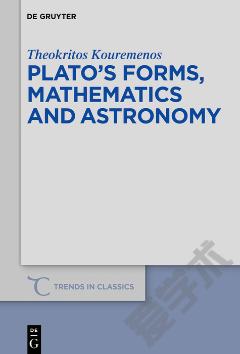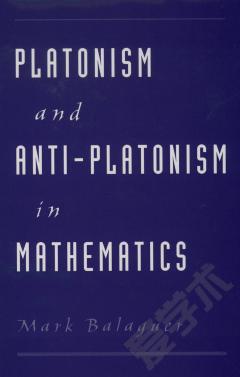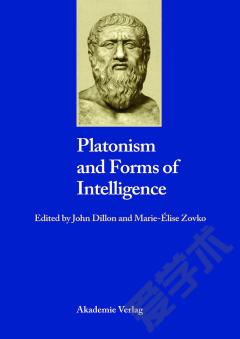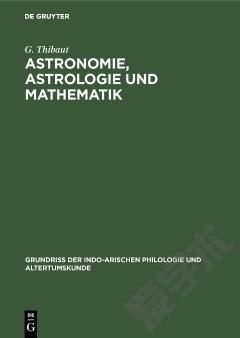Plato’s forms, mathematics and astronomy
Plato’s view that mathematics paves the way for his philosophy of forms is well known. This book attempts to flesh out the relationship between mathematics and philosophy as Plato conceived them by proposing that in his view, although it is philosophy that came up with the concept of beings, which he calls forms, and highlighted their importance, first to natural philosophy and then to ethics, the things that do qualify as beings are inchoately revealed by mathematics as the raw materials that must be further processed by philosophy (mathematicians, to use Plato’s simile in the Euthedemus, do not invent the theorems they prove but discover beings and, like hunters who must hand over what they catch to chefs if it is going to turn into something useful, they must hand over their discoveries to philosophers). Even those forms that do not bear names of mathematical objects, such as the famous forms of beauty and goodness, are in fact forms of mathematical objects. The first chapter is an attempt to defend this thesis. The second argues that for Plato philosophy’s crucial task of investigating the exfoliation of the forms into the sensible world, including the sphere of human private and public life, is already foreshadowed in one of its branches, astronomy.
{{comment.content}}








 京公网安备 11010802027623号
京公网安备 11010802027623号